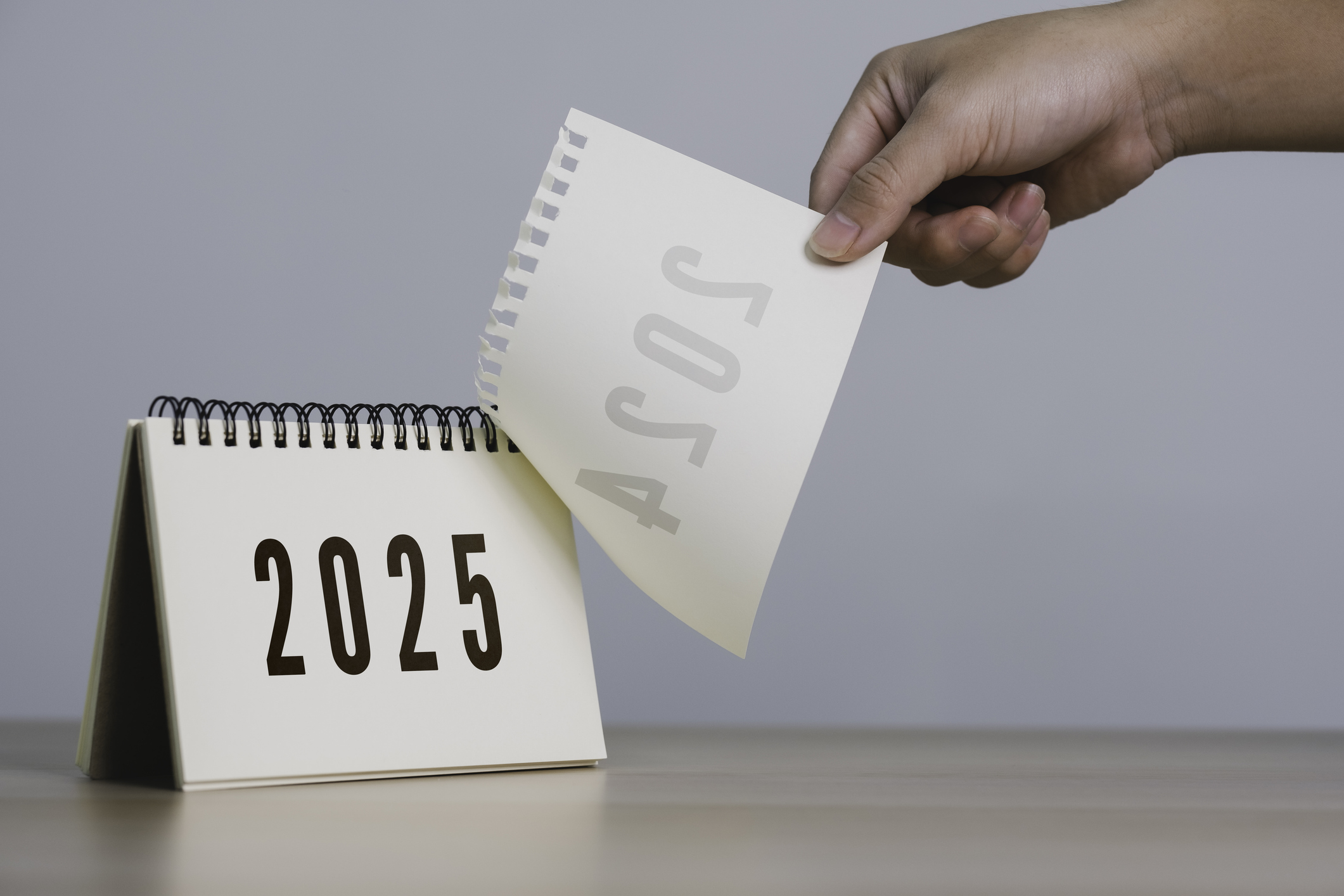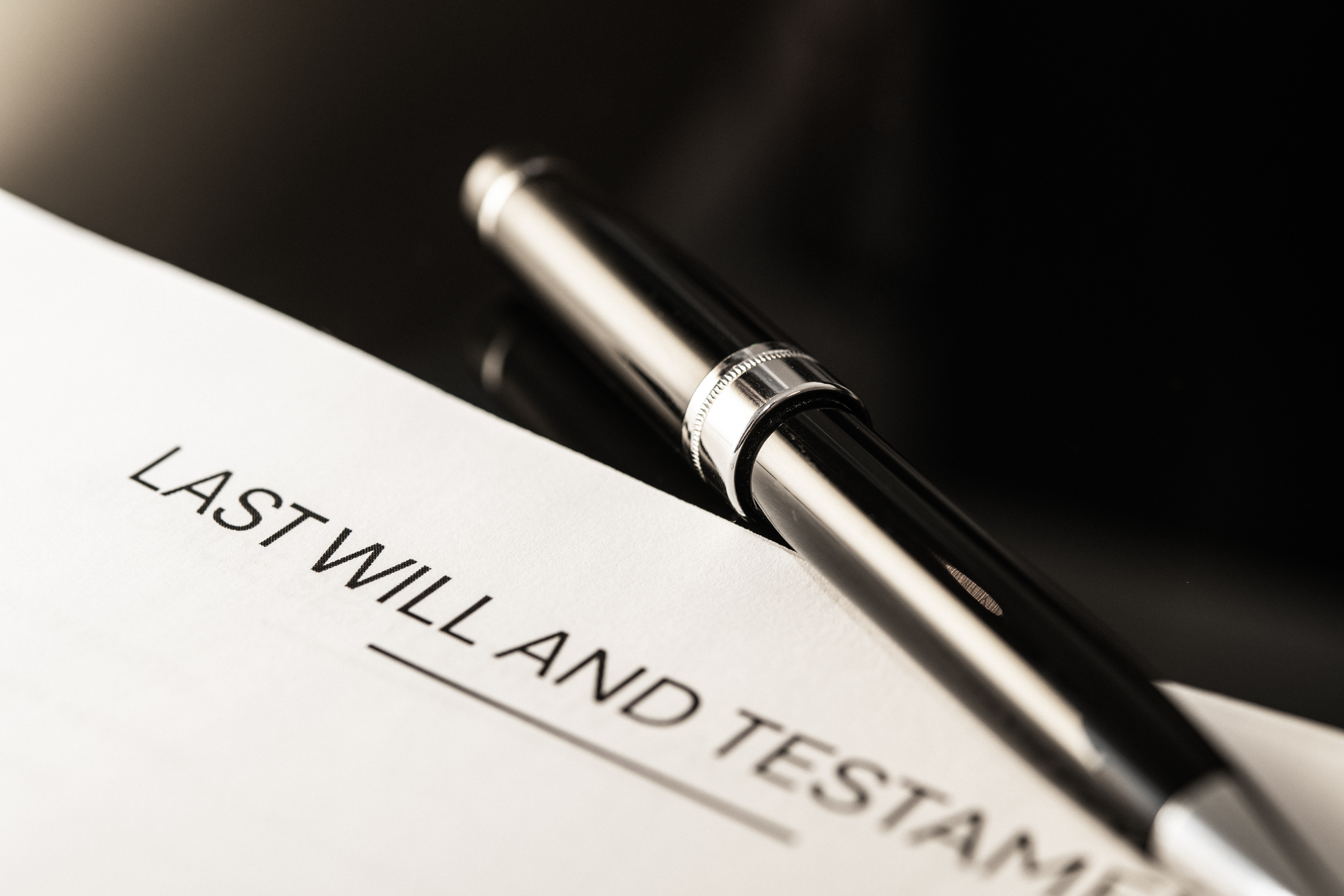Inheritance and Trust Disputes
Welcome to the Stephens Scown Info Hub for Inheritance and Trust Disputes – home to our latest legal news, insights, videos and FAQs.
- Adoption
- Alternatives to Court
- Arrangements for Children
- Brand Protection
- Brexit
- Business Disputes
- Business Law
- Buying and Selling Your Home
- COVID-19
- Charities
- Child Abduction
- Children
- Children in Care
- Cohabitation
- Commercial Property
- Community News and Giving Back
- Construction
- Corporate and Commercial
- Data Protection
- Disputes with Businesses
- Divorce and Separation
- Domestic Abuse
- Employee Ownership
- Employment and HR
- Energy
- Family
- Finances Following Divorce and Separation
- Finances for Children
- Food and Drink
- Healthcare
- High Net Worth
- Holiday and Residential Parks
- Immigration
- InSync
- Inheritance and Trust Disputes
- Insolvency and Bankruptcy
- Intellectual Property
- International Divorce
- Landlord and Tenancy Disputes
- Leisure and Tourism
- Marine
- Mining, Minerals and Waste
- Money
- Personal Disputes
- Planning
- Pre and Post Nuptial Agreements
- Property Disputes
- Public Sector
- Real Estate
- Recruitment and Careers
- Regulatory Compliance and Enforcement
- Residential Property
- Rural
- Social Housing
- Stephens Scown News
- Technology
- Unmarried Couples
- Wealth Protection and Planning for Later Life
- Wills and Inheritance Planning
Top Inheritance and Trust Disputes Services
View AllInheritance and Trust Disputes Latest Articles
View AllOur Inheritance and Trust Disputes Lawyers
View AllInheritance and Trust Disputes Top FAQs
Personal
View all personal FAQs-
If you are seeking to dispute the validity of a Will you should lodge a Caveat at the Probate Registry to prevent a Grant of Probate of beingissued. In some cases this may be required as a matter of urgency. A Grant of Probate is a legal document which confirms the executors named in the Will have the authority to deal with the deceased’s assets. A Caveat will prevent the executors collecting in the assets and distributing them in accordance with the Will and this should give you the time you need to prepare your challenge to the validity of the Will. There is also a strict 6 month time limit in respect of any claim under the Inheritance (Provision for Family and Dependants) Act 1975. The 6 months runs from the date of the Grant.
-
If you are successful in asserting the last Will of the deceased is not valid this will result in the Will being struck out and any earlier valid Will will take effect. In the absence of an earlier Will the estate would be intestate and so the estate would be distributed in accordance with the intestacy rules. It is important to ensure that any previous Will or the intestacy rules will make provision for you when considering the cost effectiveness of disputing the validity of the last Will. If you do not stand to gain from a previous valid Will or the rules of intestacy you should consider carefully whether to dispute the Will at all even if you believe you have good grounds.
-
A person who dies without leaving a Will or without leaving a valid Will is referred to as dying intestate. If someone dies without leaving a Will or without leaving a valid Will, their Estate will be distributed in accordance with the rules of intestacy. Only married or civil partners and blood and adopted relatives can inherit under the intestacy rules. The intestacy rules prescribe how an intestate persons estate will be distributed following their death. The rules of intestacy do not make provision for cohabitees.
-
If a Will is not valid the deceased’s estate will not be distributed in accordance with that Will. The estate will either be distributed in accordance with the deceased’s previous Will or if there is no previous Will or the previous Will is not valid by the rules of intestacy. For more information regarding Wills please click here to view our Wills & Inheritance Planning Infohub.
-
Yes. There are five grounds upon which you can challenge the validity of a Will:- a) The deceased did not have the necessary mental capacity at thetime the Will was made; b) The deceased did not know or approve the contents of the Will; c) The deceased was coerced or unduly influenced into making the Will; d) The Will is a forgery or it was fraudulently created; e) Lack of proper formalities – you can contest the validity of a Will if it was not correctly witnessed or otherwise was not properly executed. Please note there are other claims you can bring against an Estate in addition to disputing the validity of a Will. These include seeking to enforce a promise made to you by the deceased, a claim for reasonable financial provision where the deceased has not made reasonable provision for you and/or asserting an interest in property or assets owned by the deceased to which you have contributed.
-
For a Will to be valid it must meet the following requirements: • The Will maker must be at least 18 years old; • It must be in writing; • It must be signed by the person making the Will; • It must be signed by two witnesses; • The Will must be made voluntarily and without pressure from any other person; • The person making the Will must have mental capacity. Although there is no requirement for a Will to be dated it is always advisable for a Will to be dated.













